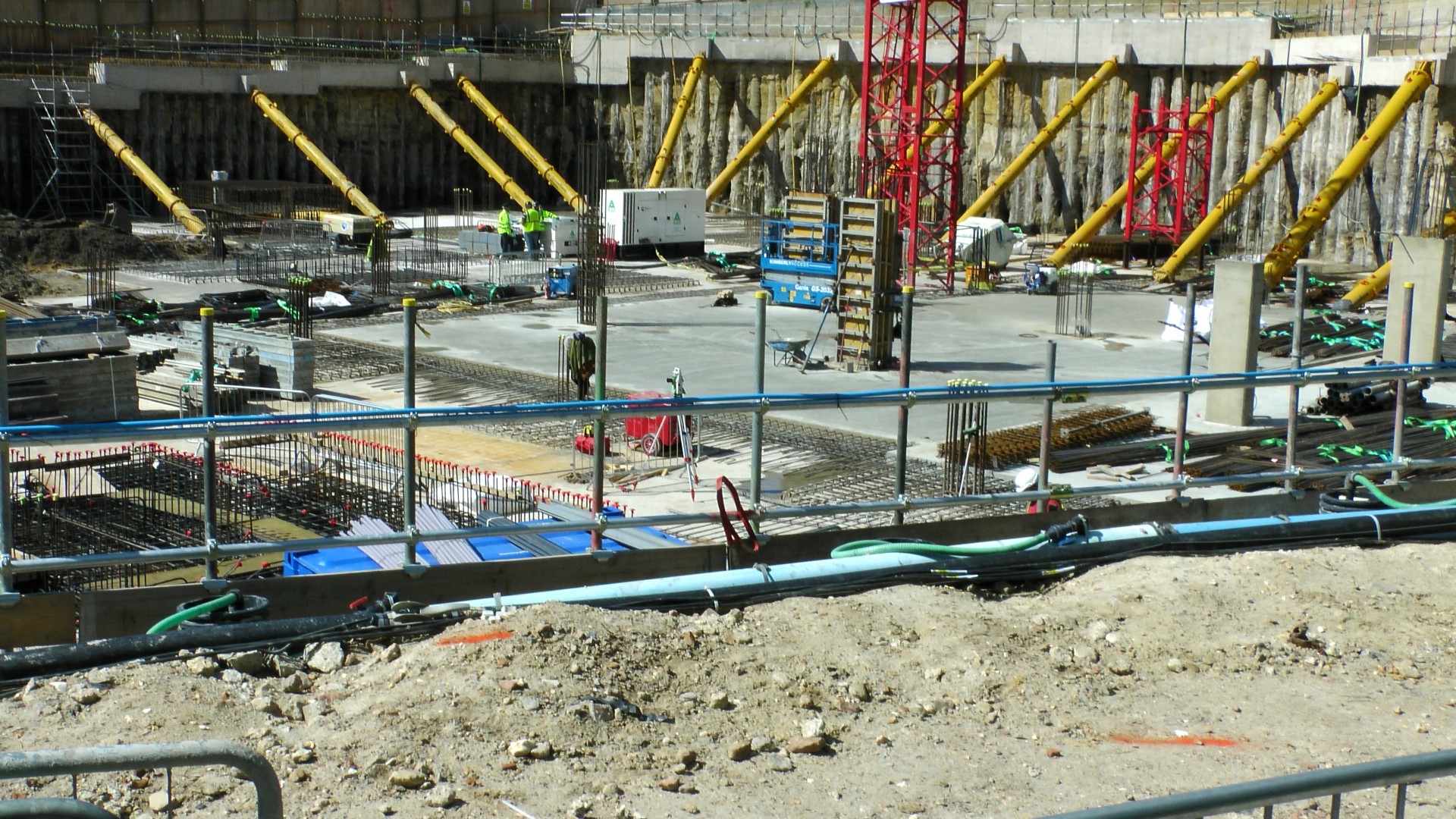When it comes to deciding whether to buy or lease a home, many variables come into play. The answer to this question ultimately depends on your lifestyle. In this article, we will break down the pros and cons of each option to help you make an informed decision.
Buying a home can be a valuable asset, 67645.0.html providing a sense of comfort and peace of mind. One of the main advantages of homeownership is building value in your property over time. As you pay down your mortgage, you own a valuable asset that can be used as security against future debt or sold at a profit if you decide to move. Additionally, owning a home can provide credits, such as tax credits.
However, buying a home also comes with significant upfront costs, including a initial investment, transaction fees, and other charges. You will also be responsible for maintenance and repairs, which can be time-consuming and costly. Furthermore, the housing market can be unpredictable, and market variations can affect the value of your home.
Renting, on the other hand, can provide a more relaxed lifestyle. Renting allows you to travel freely, whether it’s for a new business venture or a different environment. You also won’t be responsible for property upkeep, which can be a considerable cost savings. Additionally, renting often requires nominal funds, making it a more economical option for many people.
However, renting also has its disadvantages. You may not have any influence over tenancy agreements, and you could be locked into a agreement that prevents you from taking advantage of new opportunities. Furthermore, as a tenant, you are subject to the rules and regulations of your lessor, which can be confining.
Ultimately, whether to buy or rent depends on your individual circumstances. If you are planning to remain in the same location for an extended period of time, buying may be the more desirable option. However, if you value flexibility and freedom, renting may be the way to go. It’s also worth considering the economic trade-offs, and whether the tax benefits and opportunity to own a valuable asset make buying worth the investment.
Another consideration to consider is your financial well-being. If you have a steady income and a good credit score, you may be able to secure a loan with a favorable interest rate. However, if you have excessive financial obligations, or are struggling to make ends meet, renting may be a more economical option.
In conclusion, buying or renting is a unique decision that depends on a variety of considerations. By weighing the pros and cons each option, you can make an well-reasoned decision that works best for you. Whether you choose to buy or rent, remember to weigh your options when making your decision.

It’s also worth mentioning that there is a alternative solution for those who are not prepared to invest in either buying or renting: shared housing. This option can provide a more affordable and community-oriented alternative to traditional homeownership. Community living can also provide a feeling of connection, which can be especially valuable for young adults.
Ultimately, the decision to buy or rent is not a universal answer. What works for one person may not work for another. By taking the time to consider your options, you can make an well-reasoned decision that is optimal for you.
